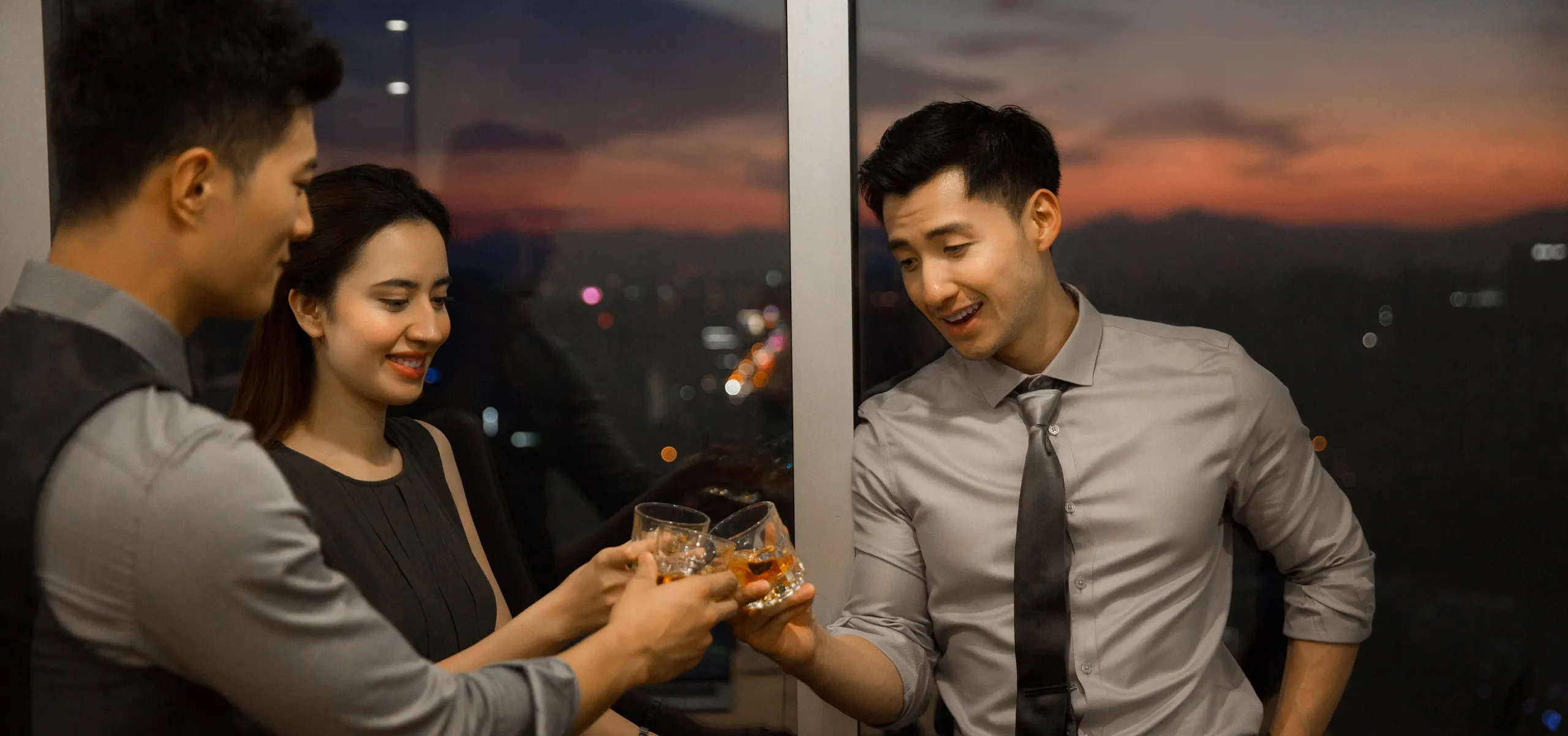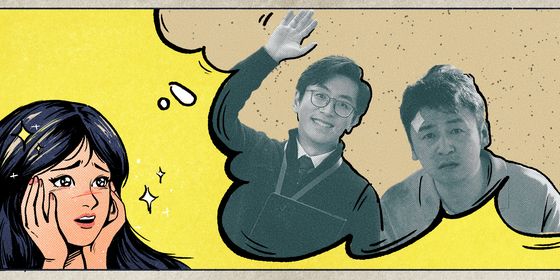Chinese netizens have become experts at “feihua wenxue”: using superfluous language to get out of any awkward situation
In a line familiar to all Chinese middle school students, the legendary 20th century scholar Lu Xun (鲁迅) wrote: “In my backyard, I can see two trees beyond the wall. One is a jujube tree. The other is also a jujube tree.”
The famous opening to “Autumn Night (《秋夜》),” a short prose poem, has been analyzed, willingly or not, for hours by students—what exactly did Lu Xun intend to express with such a strangely redundant sentence? Teachers often say that the sentence sets a lonely mood, that it indicates the emptiness of the yard, or that it contains some other obscure meaning. But many students, sick of poring over yet another reference to Lu Xun’s work in their textbooks, can’t help but think: He was just writing superfluous words.
Taking Lu Xun as inspiration, this linguistic style of adding redundant information, using meaningless repetition, and being generally verbose has been dubbed: 废话文学 (fèihuà wénxué), nonsense or superfluous literature. Netizens summarize superfluous literature as ”saying something yet seemingly saying nothing (说了但又好像没说 shuōle dàn yòu hǎoxiàng méi shuō).” And Lu Xun has jokingly been called the ancestor of such literature.
Of course, this style can be employed not only by essayists, but is also found everywhere in contemporary popular culture, obsessed as it is with surface meaning over depth. The lyrics to “Song of the Fifth Ring Road (《五环之歌》),” a viral song performed by cross-talk actor Yue Yunpeng in 2016, are a perfect example: “Ah, the Fifth Ring! You are one more ring than the Fourth Ring...You are one ring less than the Sixth Ring!” Though completely meaningless, people couldn’t help but fall in love with the hilarious feihua lyrics.
TV dramas are another cradle of superfluous literature. In The Sword and the Fairy 3 (《仙剑奇侠传三》), a popular fantasy drama released in 2009, female lead Xue Jian quips to male lead Jing Tian: “You’re actually quite charming when your aren’t horrible.” Likewise, in the 2011 drama Empresses in the Palace (《甄嬛传》), the outraged emperor finds out about an economic crisis in the realm and demands “Where did all our silver go?” The eunuch Su Peisheng replies, in masterful feihua-style: “Silver, precious as it is, of course have places to go.”
Even the 1981 adaptation of the novel Journey to the West, one of China’s highest-rated TV shows of all time, has feihua lines. When the monk Tang Sanzang arrives at Biqiu State, he is perplexed to see a sign at the city gates which reads “Children’s Country.” In a moment of dialogue that no doubt should have been left on the cutting floor by the show’s editors, Tang asks a local resident: “Isn’t it Biqiu State here? Why has it changed to ‘Children’s Country?’” To which the local replies: “Yeah. Originally it was Biqiu State. Now it’s called Children’s Country.”
Netizens’ complaints about feihua literature have morphed into admiration at how empty words can get one out of an awkward situation, with many finding the art of saying something without saying anything a useful linguistic weapon. It is particularly helpful when, for example, responding to uncomfortable questions:













